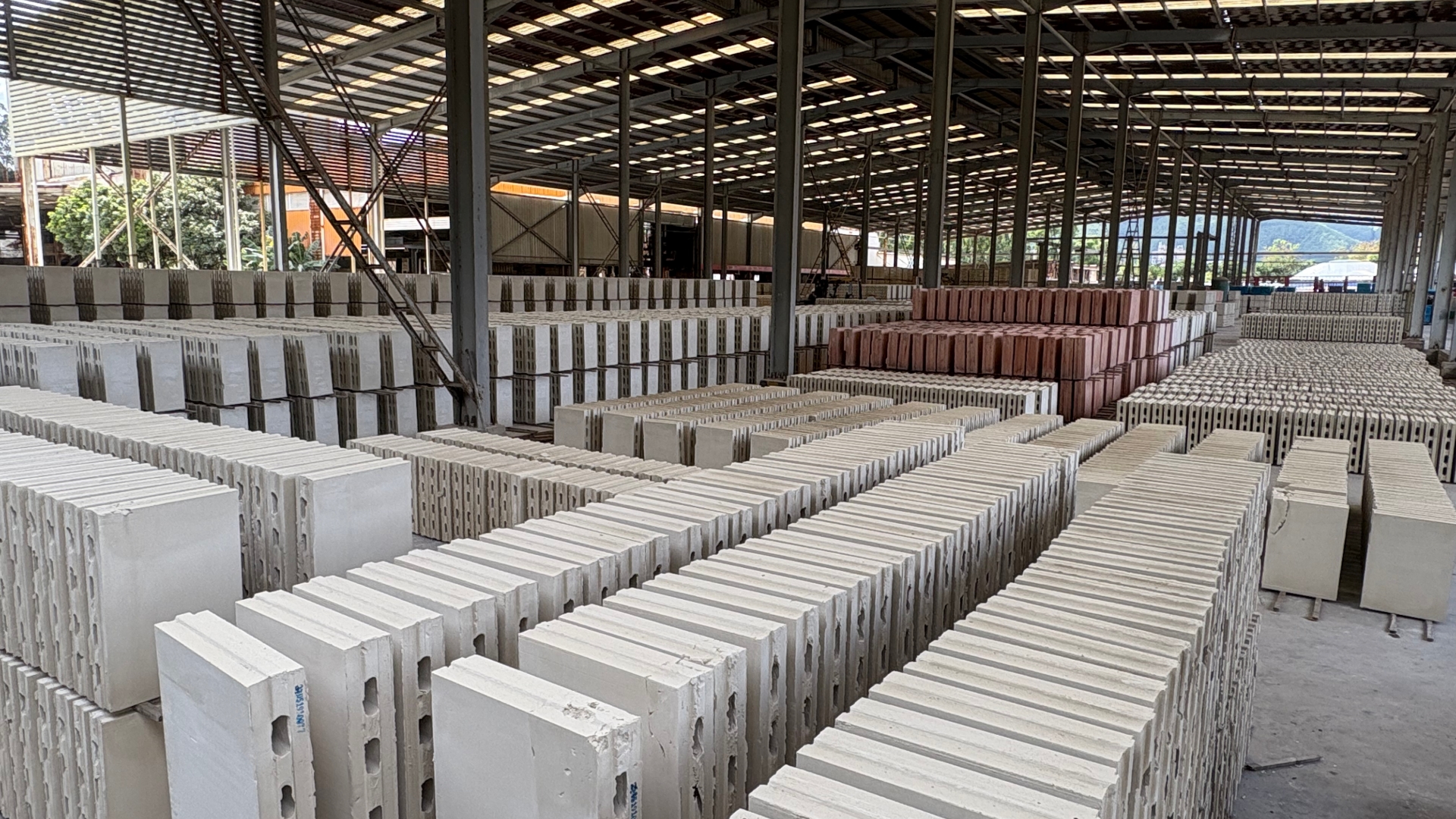Gypsum self leveling mortar, as a ground leveling material with high leveling accuracy, fast construction, and low comprehensive cost, is increasingly being used in the fine decoration or home decoration market.
Gypsum self leveling mortar is very sensitive to the amount of water added, often resulting in significant differences in material construction performance when the amount of water added changes by 1% -2%.
However, during project construction, some construction teams may add excessive water to gypsum self leveling mortar in order to achieve higher fluidity, reduce labor intensity, and facilitate rapid construction. This can lead to insufficient strength or even bleeding of the gypsum self leveling mortar after completion.
Before gypsum self leveling construction, measuring cups or other measuring tools should be prepared, and water should be added and mixed according to the standard water addition rate provided by the manufacturer. The material flowability should be measured before and during construction, and the flowability should be between 140-150.
When the amount of water added to gypsum self leveling mortar is too high, the suspension agent in the gypsum self leveling system cannot maintain the stability of the system, and bleeding occurs immediately. After bleeding, the surface layer will flower and the overall strength will be low. In severe cases, the powder will be rubbed off by hand, and the compressive strength will be severely insufficient. Even if gypsum self leveling mortar has a high tolerance and excessive water addition does not cause bleeding, the strength of gypsum self leveling mortar will still decrease due to excessive water addition, especially in dry floor heating processes. When the underfloor heating panel is laid with adhesive, the strength requirements for the self leveling base layer are very high. Excessive water addition will significantly affect the safety of the entire floor system and increase the risk of later hollowing. Excessive water addition can also increase the drying time of self leveling mortar. For some projects with tight deadlines, laying gypsum self leveling mortar on wooden floors before it has fully dried may cause the wooden floors to become damp, moldy, deformed, and other issues.
Overall, during the construction of gypsum self leveling mortar, it is necessary to strictly control the amount of water added and find a balance between flatness, apparent effect, and strength. We cannot only pursue quick construction and apparent effect, but also give up the strength requirements of self leveling mortar.
Reprinted: China Construction Research Institute Gypsum Industry Branch















